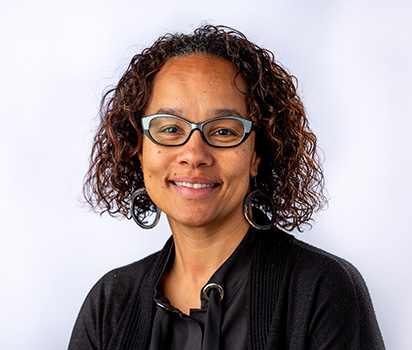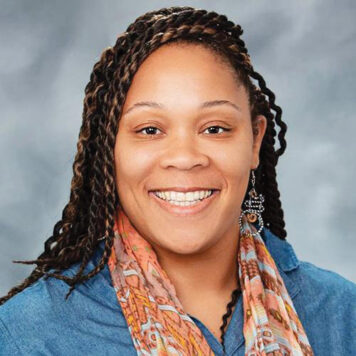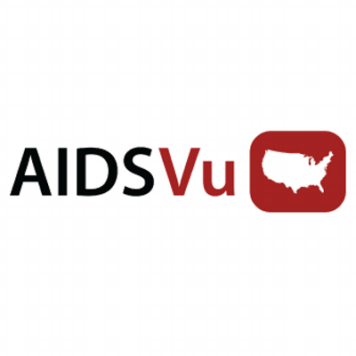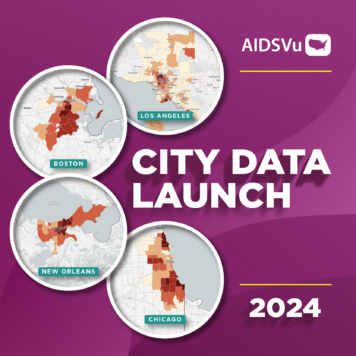AIDSVu also releases survey data of HIV perspectives and programming at faith-based organizations.
ATLANTA, GA – August 29, 2023 In recognition of National Faith HIV/AIDS Awareness Day, AIDSVu published a first of its kind public Faith Based Organization Service Locator, developed by Wake Forest University’s Dr. Allison Mathews, Executive Director of the COMPASS Initiative Faith Coordinating Center. The locator allows individuals to see HIV-related services offered by faith-based organizations (FBOs) in their area. In addition to launching the locator, Dr. Mathews and the COMPASS Initiative also conducted a survey of FBOs and their HIV programming in order to better understand the role faith communities play in HIV prevention, testing, and care.
“The role FBOs play in local communities puts them in a unique position to destigmatize the disease and influence their congregation to get tested and seek care and counseling services,” said Dr. Allison Mathews. “By launching this locator, we can help connect individuals with the services they need from within their own communities.”
The locator currently displays contact information and geographic location for 81 FBOs, primarily in the South. This locator allows those seeking testing, counseling, housing, and care services to find these services within their faith community and will continue to be updated as more FBOs are surveyed in future years.
“Faith based organizations have always been a key component in HIV testing and care, both domestically and globally. It is important that we continue to identify how faith communities can help end the HIV epidemic, as well as provide a resource for individuals looking to get connected through their faith community,” said Dr. Patrick Sullivan, DVM, PhD, Professor of Epidemiology at Emory University’s Rollins School of Public Health and Principal Scientist for AIDSVu.
While many studies have examined faith-based attitudes about HIV in the United States, few have assessed faith leader perceptions about conducting HIV programming and/or ministries in their faith communities. As a result, little is known about the characteristics of the FBOs providing HIV programming, or about the type of programming or activities these organizations are implementing.
Dr. Mathews and her colleagues administered a survey to 100+ FBOs across the U.S. to better understand faith leader perspectives about implementing HIV programming in their faith communities and what types of services are already being provided.
The survey results suggest that faith leaders continue to play an important role in the fight against HIV/AIDS. They provide education and support to their communities and are working to fight HIV-related stigma, although there still remains much work to be done.
Key Survey Findings:
- 45% of respondents indicated that in the last 12 months they have provided programming about preventing HIV transmission, such as teaching about prevention strategies or promoting HIV testing.
- 31% reported providing testing in the last 12 months.
- 52% of respondents indicated they planned to utilize scripture and/or other sacred texts to teach about HIV/AIDS and to reduce stigma.
- 64% of respondents believe that faith leaders should convene regular meetings of diverse, interfaith leaders to discuss HIV/AIDS.
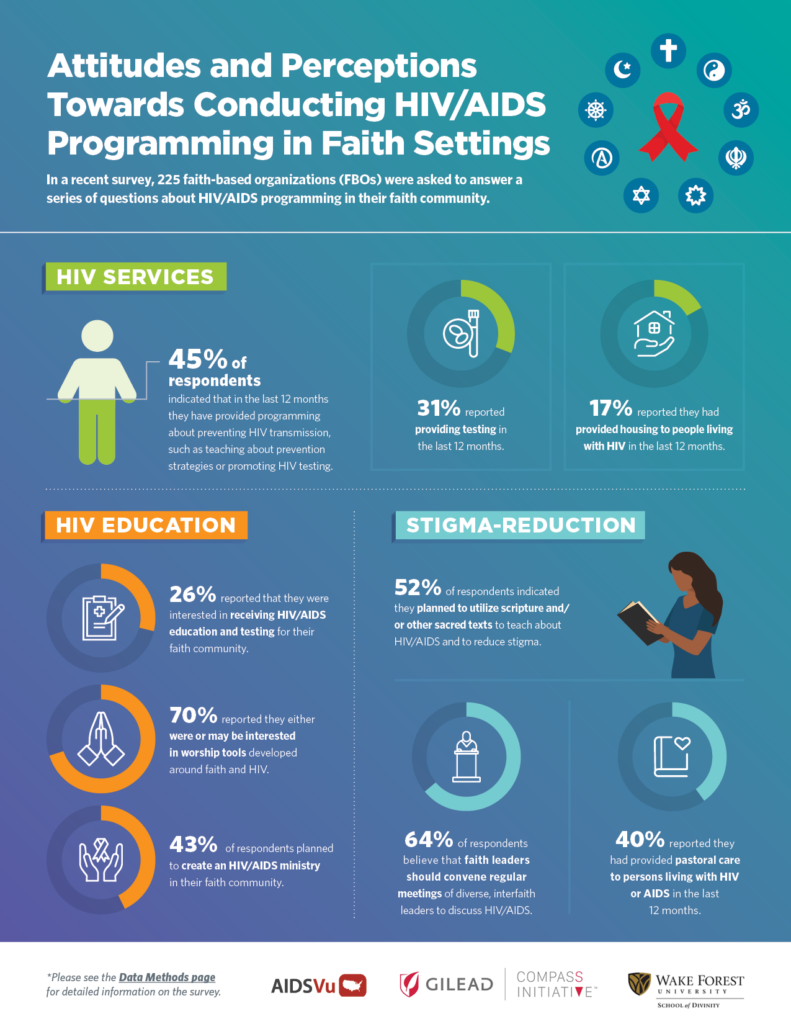
About the Data
A convenience sample of 225 people were surveyed as a part of this project and 81 locations were ultimately included in the FBO service locator. The organizations were excluded from the final FBO service locator due to unverified locations and contact information, and others requested to not be listed publicly. For more information, visit AIDSVu’s data methods. If you would like your organization added to the FBO service locator, you can complete the form here: https://wakeforest.qualtrics.com/jfe/form/SV_aWOGumUBxcvtyOW
About AIDSVu
AIDSVu.org is presented by Emory University’s Rollins School of Public Health in partnership with Gilead Sciences, Inc. and the Center for AIDS Research at Emory University (CFAR). AIDSVu’s mission is to make data widely available, easily accessible, and locally relevant to inform public health decision-making and action. The platform visualizes data, presents insights, and catalyzes research on the HIV epidemic in the U.S. Each year, AIDSVu strives to increase the granularity of its publicly available data and continues its commitment to provide public health officials, policymakers, healthcare professionals, researchers, and community leaders with a more comprehensive view of the HIV epidemic at the local, state, and national levels.

